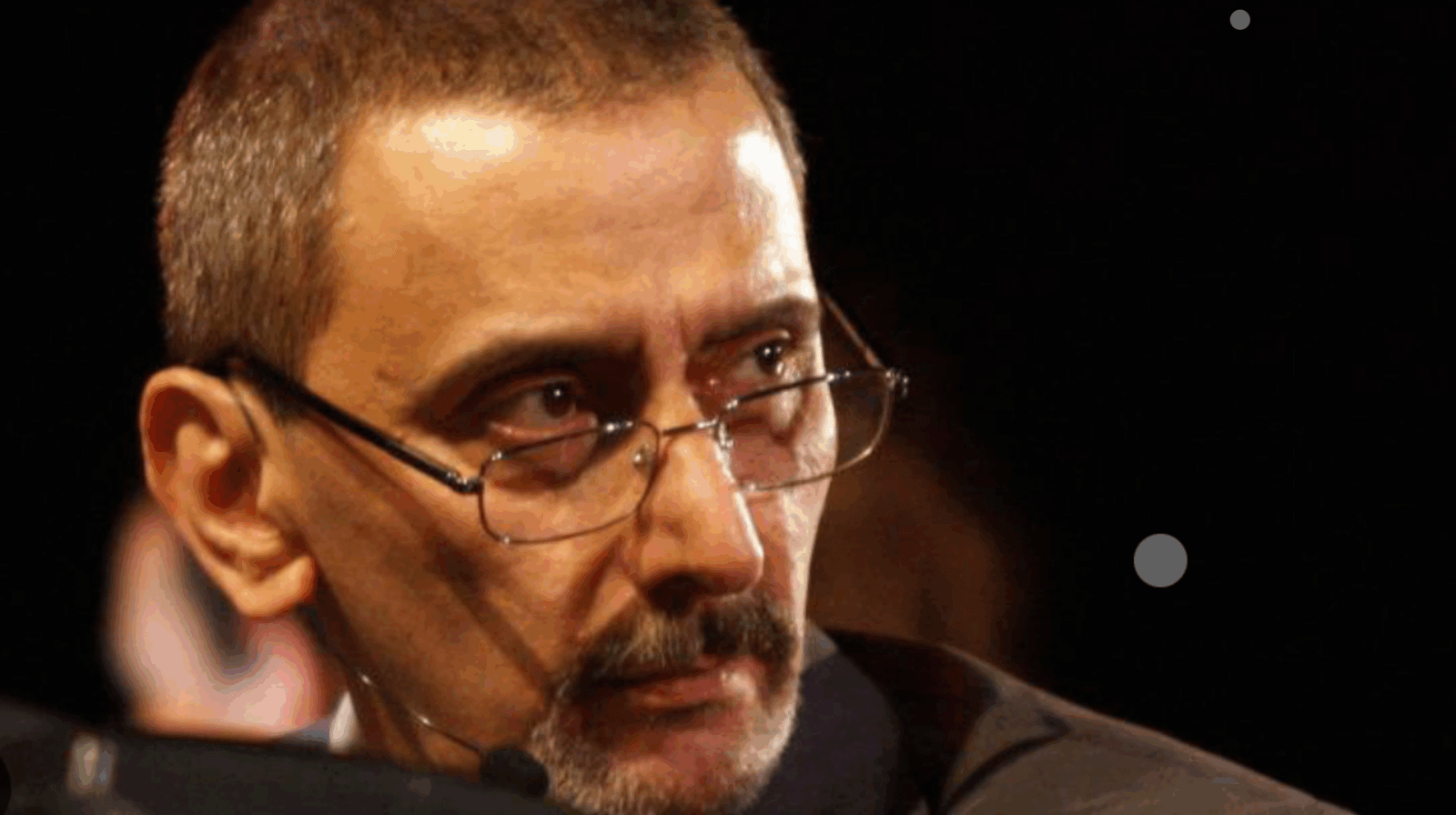A Tribute to Ziad RahBani by DM (656 Words 3 Min. Read)
Ziad El Rahbani Left Us, and Something Essential Has Gone Quiet in the Soul of Lebanon. Not Just a composer, not just a playwright, not only the son of faireouz, ziad was a force. He was a mirror and a magnifying glass. He was Lebanon’s Angeer, Its Wit, Its Heartbreak, Its RESTLESS CONSCIENCE. He did not follow a legacy. He broke it Open and Rebuilt it in his Own Image.
He onCE said, “I Did Not Inherit My Mother‘S voice, I Inherited Her Silence.“ But Even That Silence, where Ziad is translated it Through Music and theater, Roor Lawder Than Anything Spoken. From the First Time He Steped Onto The Stage, The Arab World Couelf Feel that Something Had Shipted. This was not complex. This was not nostalgia. This was tryh in all its BRUTAL, Beautiful Forms.
He wrote music that Did Not Simply Fill the Air, It Filled The Chest. He Found Melody Inside Frustration. He Jazz Speak Arabic, Made Satire Sting with Elegance. He compounded for his mother, yes, but he next stood in here Shadow. He used her voice as a pris, a vessel for his message. What faireouz s
His Theater Demanded Answell. “Bennesbeh La Bukra Shu?“ Was Not Just a Play. It was a scream into a void of promoises never Kept. The young man who is asked what tomorrow would visit Already KNEW The ANSWER, and He Still Chose to Ask it. He Never Perform Neutrality. He stood with the People Who Had Been Stepd on, IGNORED, RIDICULED. He Stood in the Corners where Power Pretended Not to Look.
Ziad once said, “There is no progem in beg Misunderstood. The Real Problem is to Remain Silent when you undersand everything.“ And so he next stayed Silent. During The War, While Onters Clung to Suvival, He Chose Claration. He Chose HONESTY Over Popularity. He Mocked Sectarym While It Killed Thousands. He ridiculed leaders when others feared to say their Names. His work was not only entertainment, it was resistance.
He had contrsities, of course. He carried them openly, never Dressing them Up. His Life Held as Much Pain as Beauty. He loved Deeply, Feed Bitterly, Doubted OpenLY. And though it all, he rented deated to art that meant sorthing. In his personal Life, He Spoke in Interviews with the Same Rawness that His Characters Lived on Stage. He did not pretend to be Clean. He Chose to Be Real.
As Fairouz’s Son, He COULD Have Walked A Comfortable Path. Instead, He Broke from the Expected. He Loheded Around At “This is not now.“ He Saw Beirut’s Broken Buildings and Heard Poetry in the Cracks. He saw refugees, workers, Dreamers, and Madness of Heroes in his Stories. He showed us ourselves, not in the way we worked, but in the way we needed.
Ziad Gave Voice to the Doubters, The Hopeless, The One Wha Laughed so they will not Cry. Even in his Sadness, He Left Room for IRINY. Even in his Ager, He Left Space for Beauty.
His Death is not just a CultURAL LOSS. It is a tear in the Arab Imagination. There will be music Again, there will be plays and satire and repellion, but thre will never be Enatter ziad. He was not only the son of a legend. He was the Brother of Pain, The Father of Defiation, and the Friend of Every Soul Who Redied to Give in.
And now, the Piano is quiet. But the Echo Remains.
REST, ziad. You Taket Us How to Feel Wheen Feeling Was Dangerous. You Told the Truth When it Cost everything. And you remred us, always, that art is not meant to please. It is meant to shake.
Your voice is still here. And it stayses to Whisper.

